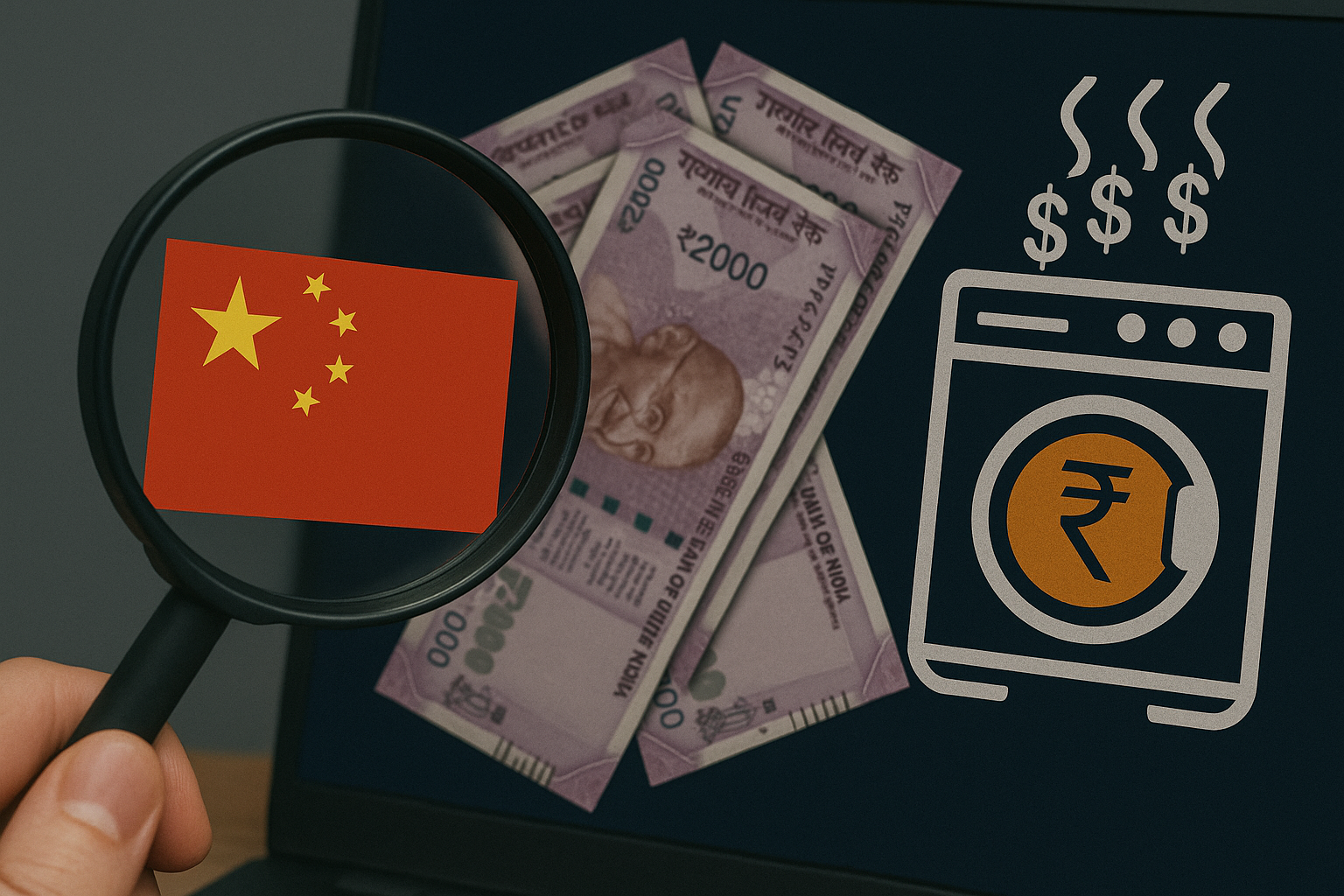A new report by CloudSEK has revealed that Chinese cyber syndicates are laundering over $580 million annually in India by operating a complex shadow banking system. This system relies on illegal payment gateways, fake mobile applications, and a vast network of mule accounts. These operations threaten the financial security of India and disturb the trust in digital payments.
The investigation underscores a disturbing trend where Indian citizens, oftentimes vulnerable individuals such as unemployed youth or students, are recruited as money mules. These individuals are targeted through misleading earning apps disseminated via platforms like Telegram and WhatsApp, lured into exposing sensitive banking information, or are simply compensated for opening new bank accounts and surrendering debit cards and linked SIM cards to these syndicates. The full report can be accessed here.
Once the syndicates gain control over these mule accounts, they become part of an illicit payment gateway managed by Chinese operators. This network processes funds for unlawful endeavors, including illegal gambling, Ponzi schemes, and fraudulent stock trading platforms, all while circumventing legal oversight from the Reserve Bank of India. The illicit funds undergo a convoluted laundering process, often changing hands between mule accounts before being converted into cryptocurrency, primarily Tether (USDT), or disguised as legitimate international trade.
CloudSEK’s data suggests that in one instance, approximately $20 million was laundered over nearly 398,675 transactions linked to 34,299 mule accounts within a single year. As investigations by the Indian Cybercrime Coordination Centre reveal, around 4,000 new mule accounts are identified on a daily basis. This illegal activity has far-reaching consequences, siphoning substantial sums out of India’s economy and potentially undermining the value of the Indian Rupee. Affected citizens not only fall victim to scams but may also bear legal repercussions for their involvement as unsuspecting money mules.
As expressed by Mayank Sahariya, a Cyber Threat Analyst at CloudSEK, “These illegal payment gateways are not merely financial crimes; they represent a direct threat against India’s digital economy and citizens’ trust in financial transactions.” He emphasized the necessity of enhanced monitoring by financial institutions, stricter regulations for fintech companies, boosted international cooperation in law enforcement, and widespread public campaigns to educate citizens on protecting themselves against these sophisticated threats.

